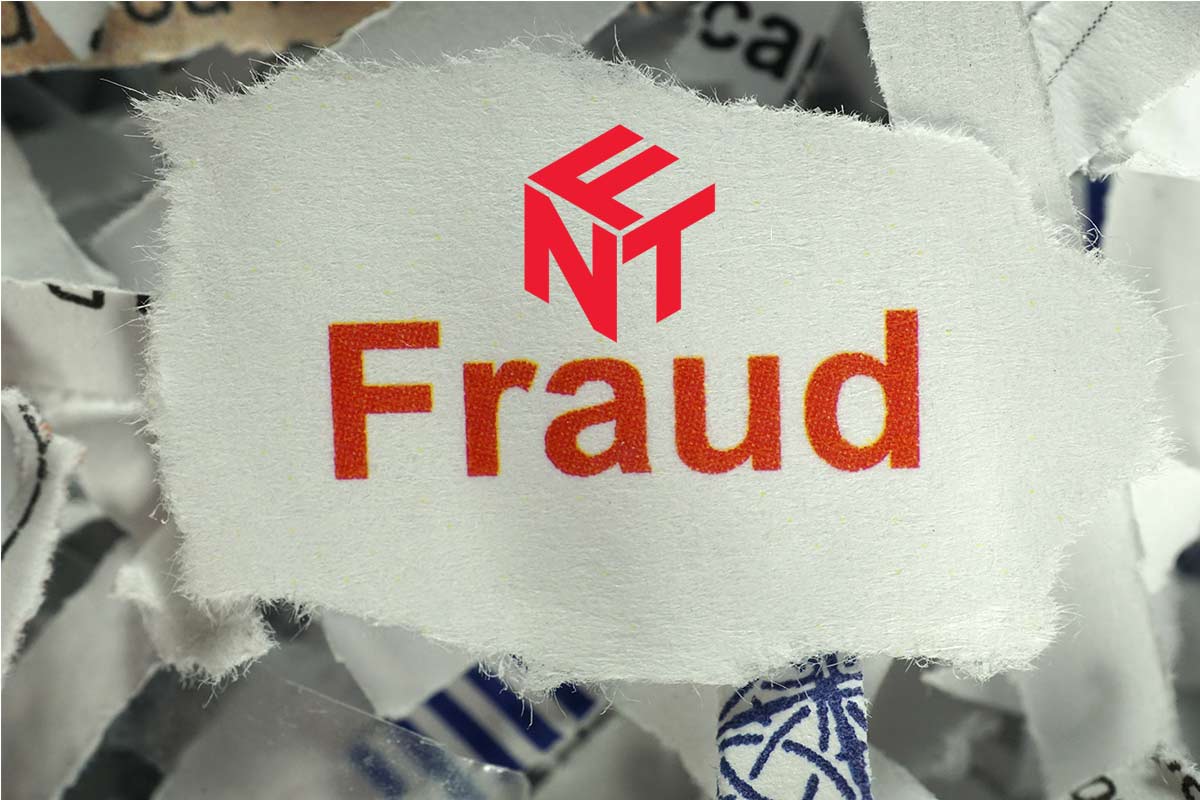Chainalysis found that NFTs fraudsters have already generated illegal earnings of over $8.8 million. Several NFT sellers have conducted hundreds of wash trades to self-financed addresses. In 2021, the emergence of NFTs was one of the most significant developments in cryptocurrencies. NFTs are virtual products or objects built on blockchain technology with units that are intended to be one-of-a-kind. As blockchains store data, NFTs are used for storing pictures, animations, audio, physical objects, member information, and seemingly endless other uses.
Cryptocurrency platforms and networks have long been concerned about wash trading. However, the emergence of NFTs has raised the issue because wash trading is an illegal attempt to make trade volumes look considerably higher. Traders or investors engage in wash trading when they buy and sell the same asset several times in a short period. In this way, they mislead other market players on the price or liquidity of an asset.
Wash Trading Leads To An Unfair And Distorted Market
Due to its unclear legal status, wash trading on non-fungible tokens will be challenging to govern. Wash trading is not permitted in NFTs while being outlawed in traditional equities and exchanges. Those who purchase artificially inflated currencies can be faced with an unfair and distorted marketplace as a result of wash trading. In the long run, it can damage the reputation of the NFT ecosystem and prevent further advances. In 2021, Chainalysis tracked more than $44.2 billion in cryptocurrency sent to NFT-related smart contracts, rising from $106 million in 2020. The possibility of exploitation and abusive use exists with NFTs due to the proliferation of high-end technologies.
Wash Trades On NFTs Are Problematic
The issue with wash transactions has grown among NFT specialists in recent years. Hackers are seeking to inflate cryptocurrency transaction volumes artificially through wash trading. Through NFTs, which scammers use, the trade volume can seem enormous. The virtual asset can also be sold to a separate wallet under their control for a premium. As a result, they might render the asset’s value look considerably higher than its actual cost.
Increased NFT Attractiveness Correlates With Increased Criminality
NFTs have experienced a surge in demand during the past several years. With the increase in popularity of NFTs, crimes are also rising because scammers’ attention has been drawn to them. It includes the fact that more and more scammers are now employing NFTs for money laundering, financial fraud, and wash trading. Fraudsters are trying to take advantage of NFTs with a marginal effect on the market. During the third quarter of 2021, chain analysis found that illicit addresses sent cryptocurrency worth $1 million to NFTs. It rocketed to almost $1.4 million in the next quarter, exceeding the threshold. The trend is upward, which is expected to continue through 2022 and may even worsen.
















